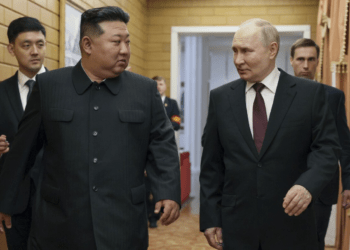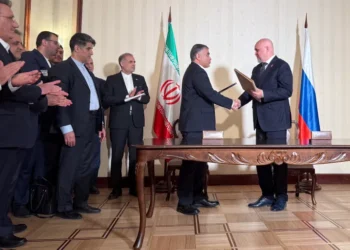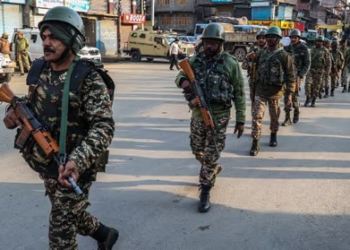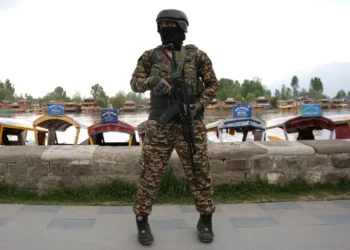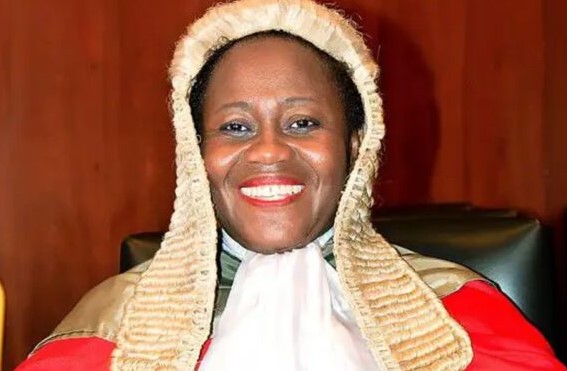US military Central Command (CENTCOM) chief, Michael Kurilla has met with Israel’s Chief of Staff, Herzi Halevi and held a “situational assessment” amid the war in Gaza.
He also met with other military officers as part of his visit to Israel.
Kurilla was accompanied by the head of the Israeli Northern Command to an underground war room where he was presented with what the Israeli military said were “operational plans for Lebanon.”
According to the Israeli military, the latest in numerous visits since Iran’s expected retaliation for the assassination of Ismail Haniyeh focused on “current threats, with an emphasis on threats from Lebanon and Iran in the northern arena”.
Israel and Iran-backed Hezbollah have been trading near-daily cross-border fire since last October, with Hezbollah saying they are acting in solidarity with Palestinians affected by Israel’s war in Gaza.
Separately, Benny Gantz, the centre-right National Unity party leader and former defence minister, reportedly said that Israel should shift its focus toward Hezbollah and the Lebanese border.
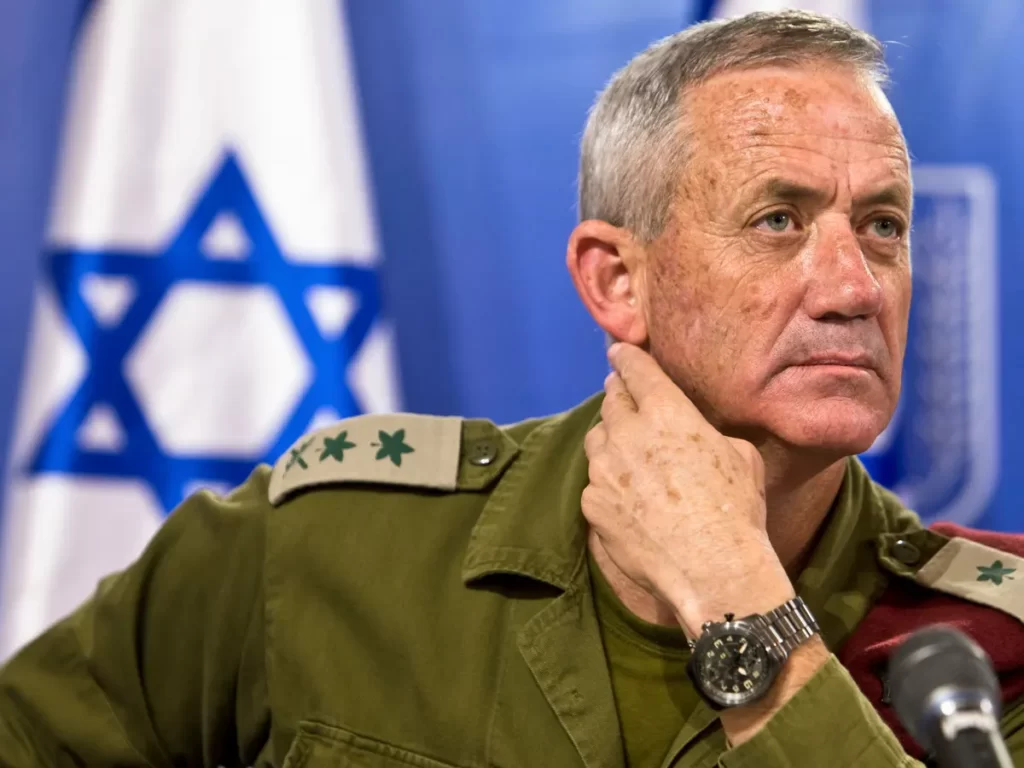
Speaking in Washington DC at a Middle East forum, he was quoted as saying, “We have enough forces to deal with Gaza and we should concentrate on what is going on in the north.”
“The time of the north has come and actually I think we are late on this.
“In Gaza, we have crossed a decisive point of the campaign. We can conduct anything we want in Gaza. We should seek to have a deal to get out our hostages but if we cannot in the coming time, a few days or few weeks, or whatever it is, we should go up north.”
Benny Gantz
“We are capable of … hitting the state of Lebanon if needed,” he stressed.
“The story of Hamas is old news,” Gantz, the former army chief added, saying instead that “the story of Iran and its proxies all around the area and what they are trying to do is the real issue.”
Lebanon’s Prime Minister To Hold ’Emergency’ Meeting With Western Diplomats On Israel

Meanwhile, Lebanon’s caretaker PM Najib Mikati invited Western diplomats for an “emergency meeting” at the government palace to discuss Israel’s ongoing “violations of Lebanon’s sovereignty and aggressions”.
Mikati called for the meeting after three civil defence volunteers were killed in an Israeli strike in the southern Lebanese town of Froun on Friday.
Mikati said the aim of the meeting is “to hold everyone accountable for stopping the ongoing Israeli aggression against Lebanon and to pressure the Israeli enemy, which ignores any law and continues to fuel its crimes against Lebanon and the Lebanese people”.
The Lebanese government is not directly involved in this conflict, but it has been trying to reach out to Western nations to find some sort of diplomatic solution and to restrain Israel.
Lebanon is grappling with rising tensions along its southern border with Israel, sparking fears of a broader regional war.
In recent days, Israel has intensified its attacks on what it calls Hezbollah’s assets close to the border.
For Hezbollah, too, there has been a sharp increase in the number of rockets it has launched at northern Israel and there was a drone attack a few hours ago that targeted a residential building in Nahariya.
The ongoing war on Gaza, now in its 12th month, has further complicated Lebanon’s already fragile security, drawing in domestic, regional, and international powers.
As the situation grows more precarious, questions arise about Lebanon’s path forward and how it can withstand these shifting geopolitical realities.
READ ALSO: Greed and ‘Get Rich Quick’ Culture Fueling Galamsey in Ghana


